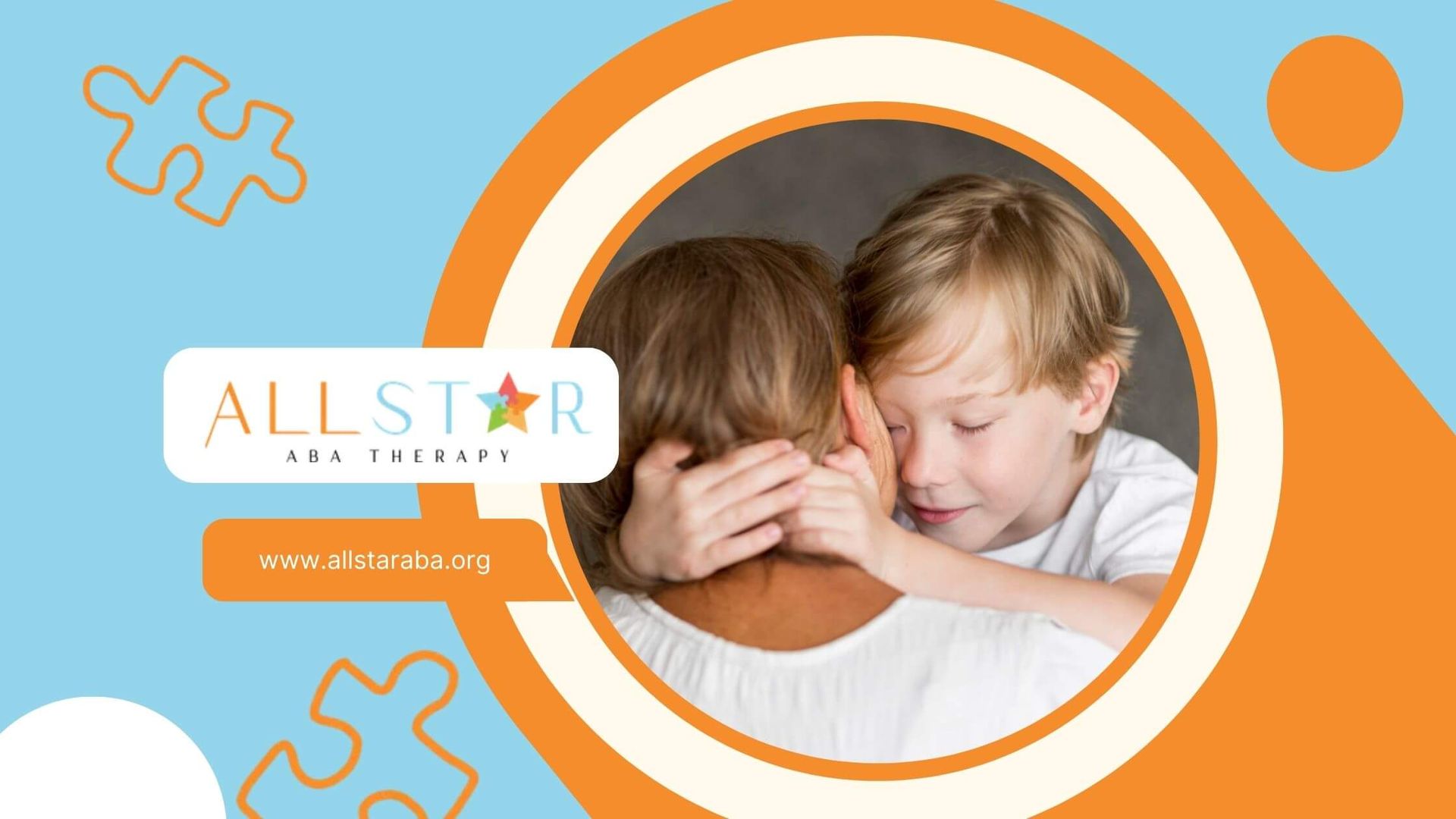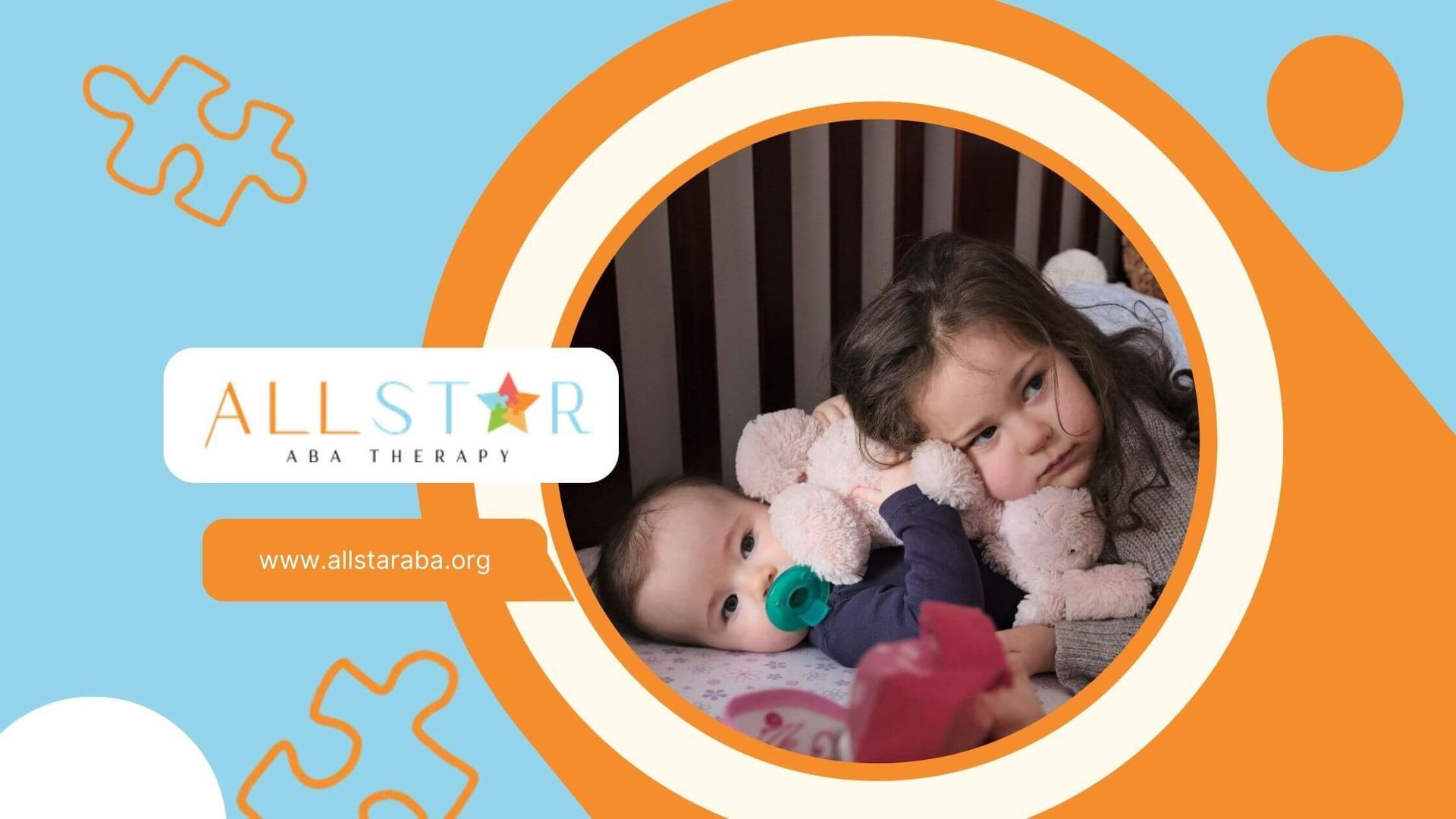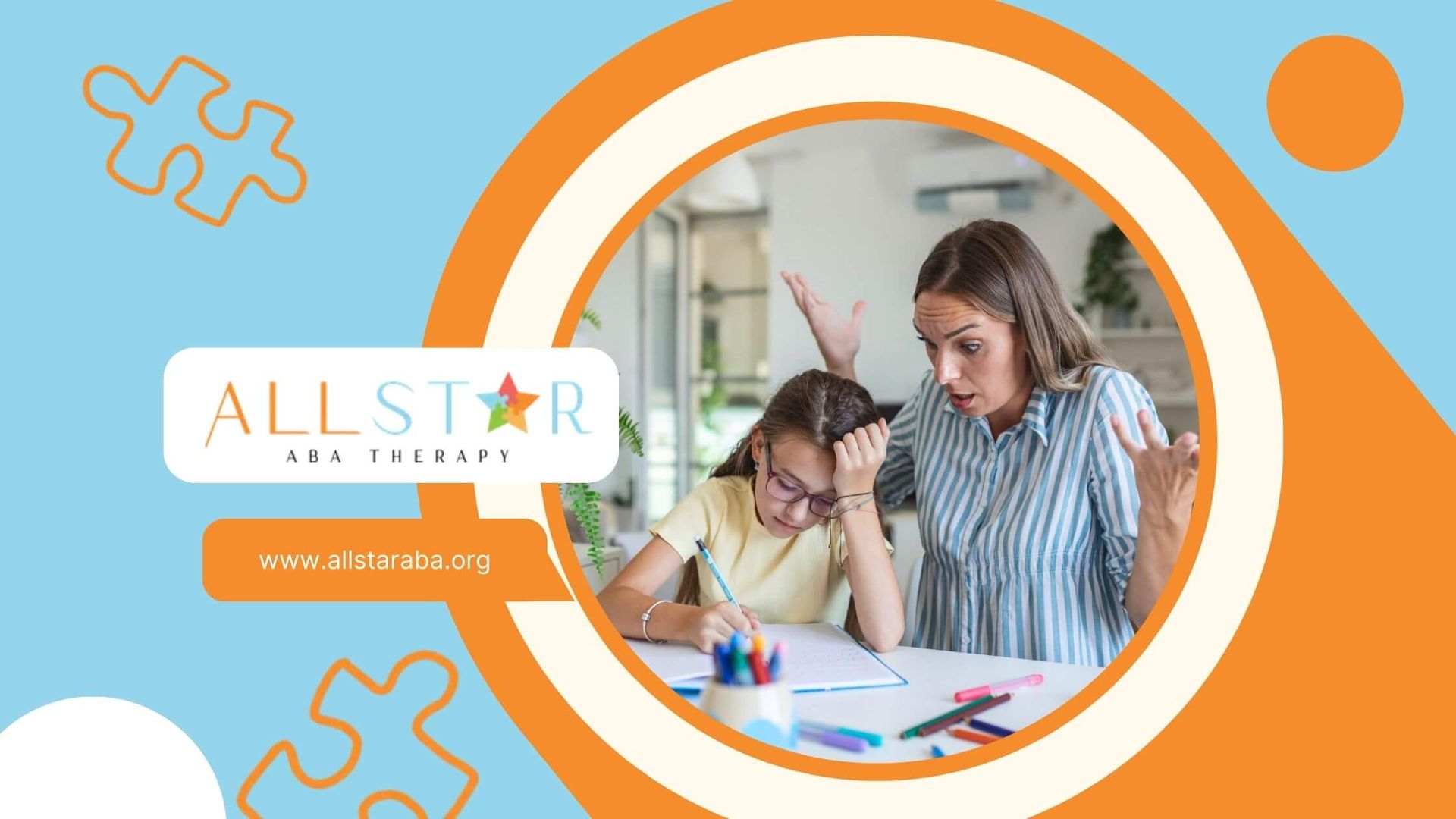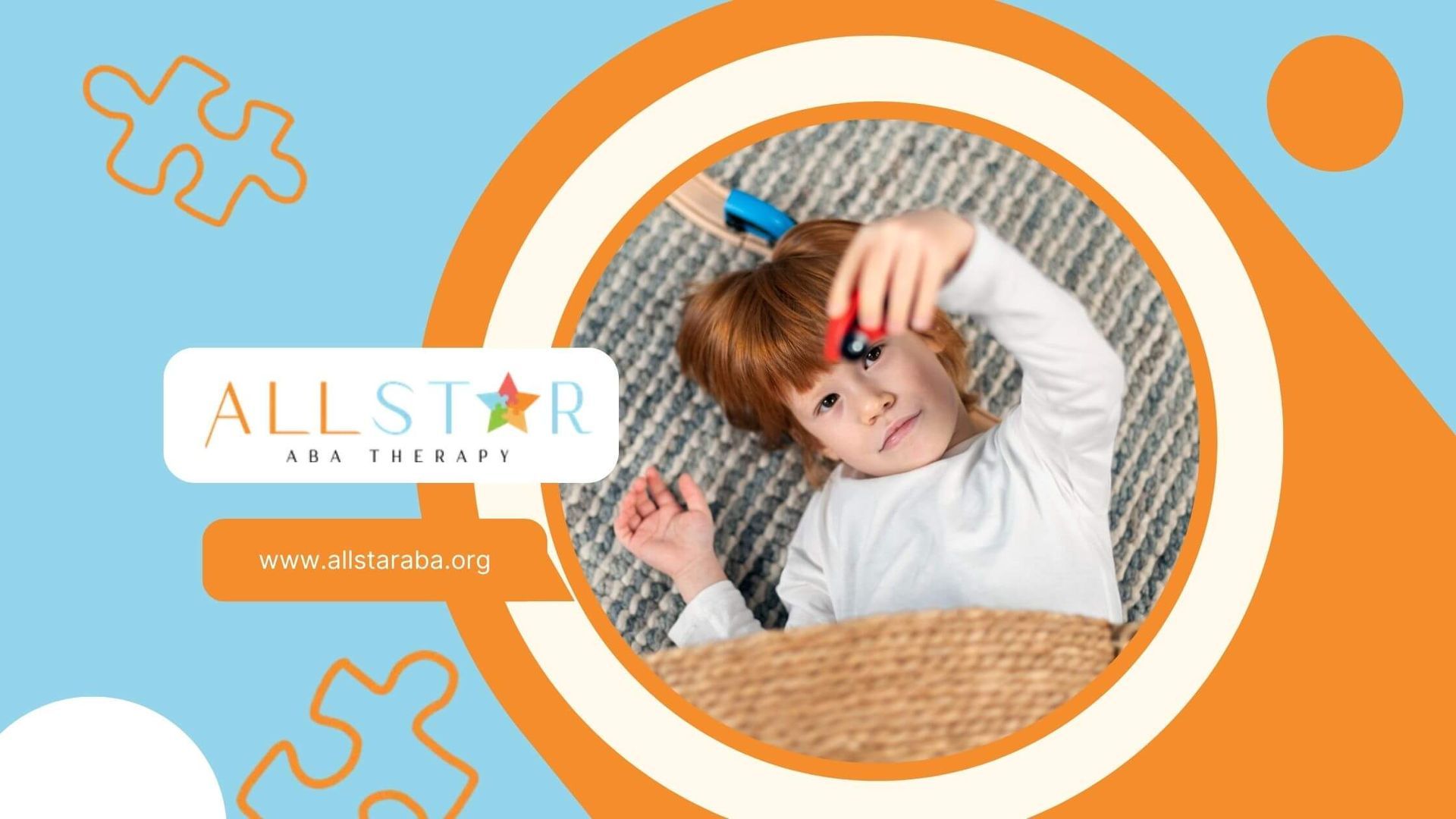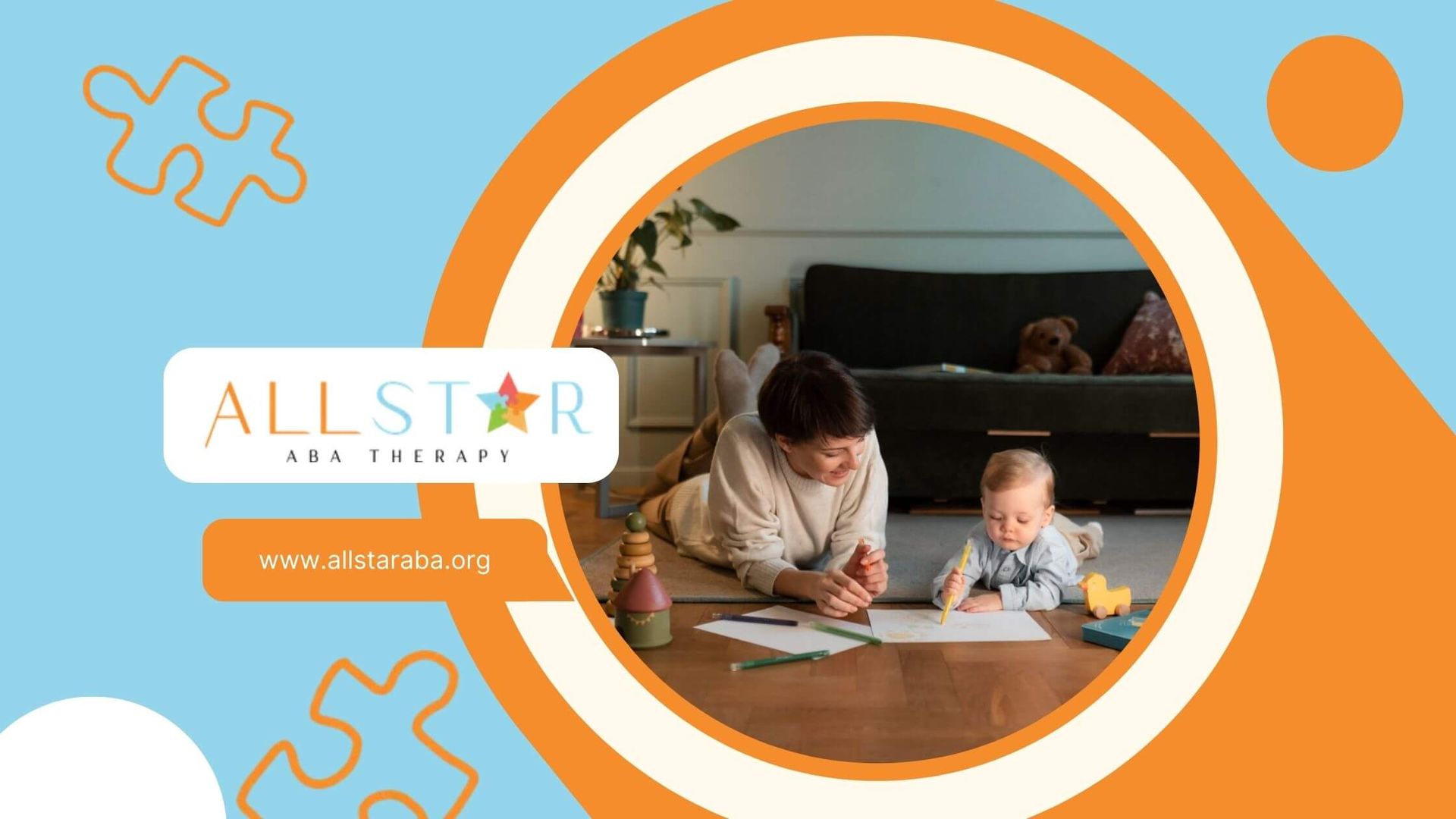New Paragraph
Insights into the Essential Role of Behavior Technicians in ABA Therapy
What Does a Behavior Technician Do?
Behavior technicians play a pivotal role in the field of Applied Behavior Analysis (ABA) therapy, providing direct support to individuals with autism and other developmental disorders.
These professionals are integral to implementing ABA therapy plans, making a significant impact on the clients they serve. This article explores the vital responsibilities, required skills, and the overall impact of behavior technicians in ABA therapy.
Understanding the Role of a Behavior Technician
What Is a Behavior Technician?
A behavior technician, often referred to as a Registered Behavior Technician (RBT), is a paraprofessional who works under the close, ongoing supervision of a Board Certified Behavior Analyst (BCBA). They are responsible for implementing behavioral interventions that help improve social, communication, and learning skills through positive reinforcement techniques.
Key Responsibilities of a Behavior Technician
Behavior technicians are tasked with several critical responsibilities that facilitate effective therapy delivery:
- Implementing Treatment Plans: They carry out the specific behavioral plans designed by BCBAs to meet the unique needs of each client.
- Data Collection: Accurate recording of client progress and response to interventions is crucial for assessing the effectiveness of treatment plans.
- Client Interaction: Daily interaction with clients involves engaging them in activities designed to meet therapeutic goals, requiring patience, attentiveness, and adaptability.
Skills and Qualifications of a Behavior Technician
The effectiveness of ABA therapy often hinges on the skill set of the behavior technician. Understanding these competencies can highlight why their role is so critical.
Essential Skills for Success
- Communication Skills: Effective communication with clients, families, and supervisors is essential for conveying progress and concerns.
- Observational Skills: Technicians must keenly observe client behavior to accurately implement interventions and record responses.
- Empathy and Patience: Working with clients who have behavioral challenges requires a high level of empathy and patience to handle potentially difficult situations gracefully.
Educational and Certification Requirements
- Education: A minimum of a high school diploma is required, though many have further education in psychology, education, or related fields.
- Certification: Behavior technicians typically hold a Registered Behavior Technician certification, which involves completing a 40-hour training course and passing a competency assessment and exam.
Daily Life of a Behavior Technician
Exploring a typical day in the life of a behavior technician can provide insights into the practical aspects of this role and its challenges and rewards.
A Typical Day
- Session Preparation: The day often starts with preparing materials and reviewing session goals based on the treatment plan.
- Direct Client Work: Most of the day is spent in direct interaction with clients, working through prescribed activities and interventions.
- Data Entry and Reporting: After sessions, technicians update client records with progress notes and observational data to be reviewed by BCBAs.
The Impact of Behavior Technicians on ABA Therapy
Behavior technicians not only implement therapeutic interventions but also form meaningful relationships with clients, significantly impacting their progress and overall therapy outcomes.
Building Trust and Rapport
- Client Comfort: Establishing a comfortable and safe environment for clients encourages engagement and facilitates learning.
- Consistency and Reliability: The consistent presence of the technician helps build trust, which is crucial for effective therapy.
Enhancing Treatment Efficacy
- Real-time Adjustments: Technicians can make immediate adjustments during sessions based on client responses, enhancing the effectiveness of interventions.
Conclusion
Behavior technicians are the backbone of any ABA therapy program, bringing essential skills and dedication that drive the success of interventions. Their daily commitment to providing direct, personalized care profoundly affects the lives of those they work with.
Our behavior technicians at All Star are highly trained and deeply committed to fostering positive change. By emphasizing quality training and continuous professional development, All Star ABA ensures that our technicians are equipped to provide the best possible support to our clients, making every therapy session impactful.
Frequently Asked Questions
What makes a good behavior technician?
A good behavior technician possesses strong interpersonal skills, is detail-oriented, and demonstrates a genuine passion for helping others.
How is the effectiveness of a behavior technician measured?
Effectiveness is typically assessed through client progress, adherence to the treatment plan, and feedback from BCBAs and families.
Can behavior technicians design treatment plans?
No, treatment plans are designed by BCBAs. Behavior technicians implement these plans and provide feedback on their execution.
Need Support?
We're Here to Help!
Our experienced team is ready to assist you. Reach out today to discuss how we can support your child's development and well-being.
Get started with expert ABA therapy today.



